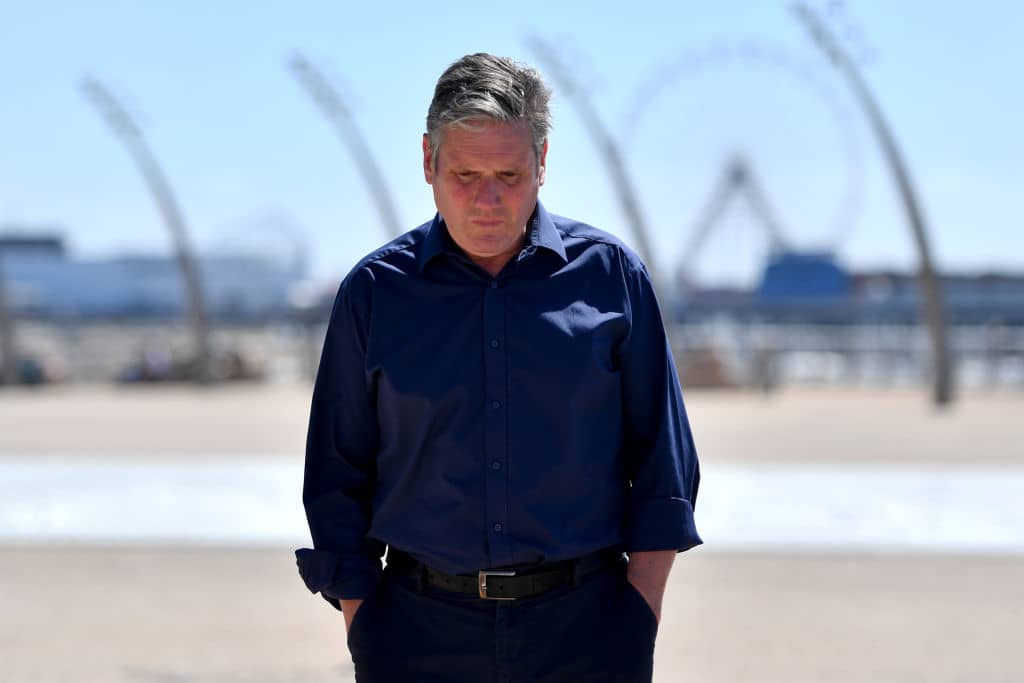Sir Keir Starmer is holding talks with the Labour-affiliated trade unions today as he tries to change the way his party elects its leaders. He’s hoping that he will get the backing of Unison, Usdaw and the GMB, which party sources say will then unlock the support of his deputy Angela Rayner. Starmer didn’t share his plans to shake up the party’s voting system – by returning it to the electoral college rather than one member, one vote (OMOV) – with Rayner before he announced it to the shadow cabinet yesterday.
So far the reaction has been as noisy as Starmer presumably planned it to be. The left of Labour is furious, saying that removing OMOV means MPs will be more important than rank-and-file members. Unite and CWU have flat out opposed the move. His allies insist that this is not just an attempt to pick a fight to get attention, but that Starmer really does think the changes will improve the way the party picks its leader and makes policy. His line to the shadow cabinet yesterday was that ‘our rules as they are right now focus us inwards and spend too much talking to and about ourselves and they weaken our link with our unions.’
Of course, in order to stop talking about itself so much, Labour will have to spend the next few days doing just that as it approaches its conference, where the rule change will be debated and voted on. Until now, Starmer has got into fights only when he has had no choice, such as over the suspension of Jeremy Corbyn. But now he seems to be keen to define himself against a part of his party.
Later this week Starmer will publish a lengthy essay setting out the intellectual underpinning of his conference speech
He clearly sees now as the time to seek further definition: later this week he will publish a lengthy essay setting out the intellectual underpinning of his conference speech. The striking thing about this essay is the build-up to it: his aides briefed it weeks ago, which has left space for wild speculation (and mockery) about what might be in the 12,000 word tome. It means that when the essay does land, the expectations are so high that it will struggle to meet them. Along with the big gamble of party voting reform, Starmer has clearly decided that the stakes for his leadership are now high enough that he needs to take some big risks.







Comments